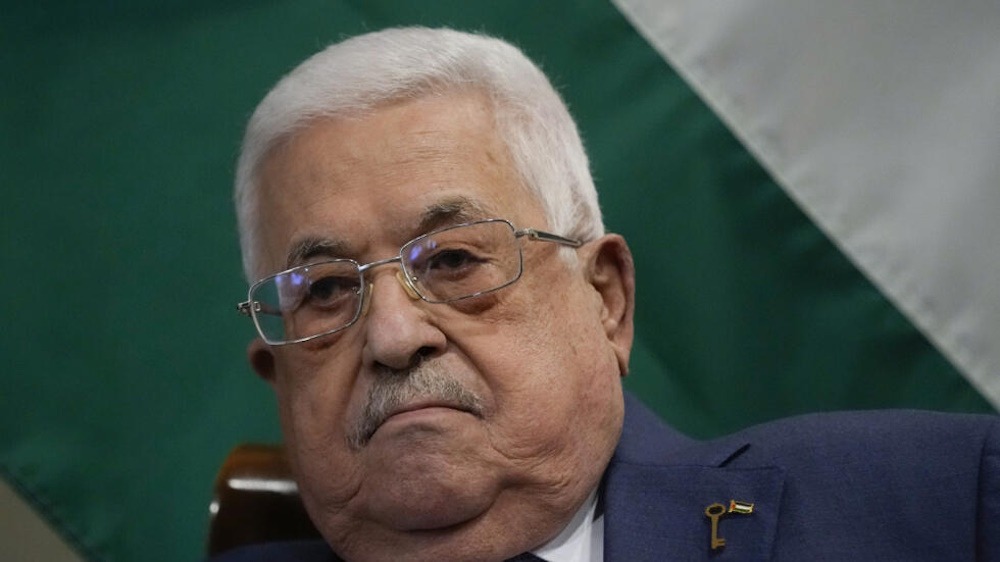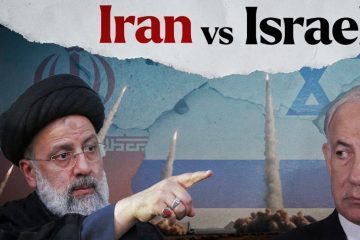The Palestinian Authority’s Government Steps Down in Response to Growing Pressure from Around the World

On Monday, the PA leadership resigned, marking the beginning of the reforms that the US and Middle Eastern powers consider necessary for the PA to regain control of Gaza following the conflict.
This isn’t enough to address the concerns raised by Western and Arab governments, which have been pressuring the Palestinian Authority to make changes like bringing in a technocratic team to replace long-serving politicians and removing the unpopular and elderly president, Mahmoud Abbas, from office and giving some power to a new prime minister.
As the Israeli military onslaught in the enclave nears its fifth month, the future status of Gaza ranks high among the most difficult problems confronting the international community. Resolving this conflict hinges on resolving this issue.
There is growing pressure on Israel to reveal its plan to protect the over a million Palestinians taking refuge in the southern Gaza city of Rafah from an impending invasion. On Monday, the Israeli government announced that the military had proposed a strategy to increase aid flow and evacuate civilians from the area.
The United States has demanded that the Palestinian Authority, which oversees Palestinian population centers in the semi-autonomous West Bank (which is now under Israeli occupation), take over administration of Gaza after the conflict. Benjamin Netanyahu, the prime minister of Israel, has been adamant that the Authority play no role in post-war Gaza.
In a speech delivered Monday morning, Palestinian Authority prime minister Mohammad Shtayyeh tendered his and his government’s resignation. He said that in order to address the upcoming challenges, new political and governmental arrangements are needed, taking into account the current situation in Gaza, the ongoing national unity talks, and the pressing need to achieve internal Palestinian reconciliation based on national interest.
Abbas must approve the proposed resignation of the cabinet.
Since his 2005 election, the president of the Authority has never been on the ballot for president. Abbas and the Authority have witnessed a precipitous decline in popular popularity in the West Bank and Gaza, as per polls. Nearly 90% of Palestinians are now demanding his resignation, expressing their belief that he is incompetent, corrupt, and overly reliant on the generosity of the United States and Israel’s government. Because of this widespread disapproval, the Authority has a hard time assuming control of Gaza following any possible Israeli pullout.
“This is a half step toward a government change,” stated an official from the Palestine Liberation Organization, the premier international organization representing Palestinians. Abbas was not involved in the suggested revisions, according to the official.
Another organization official raised doubts about the ability of a future Palestinian Authority technocratic administration to rehabilitate and govern Gaza in the absence of new financial resources and a strategic plan for the territory’s future.
Mohammad Mustafa, a former Palestinian minister of economy and World Bank executive, is reportedly being considered by senior Arab officials as a potential candidate for prime minister, since Abbas has informed Arab and U.S. officials that he is in the process of assembling a new administration.
A number of Palestinian officials have been assigned by Abbas the responsibility of developing a strategy for the rebuilding of Gaza. This plan is expected to incorporate the establishment of a reconstruction authority that will be overseen by the World Bank and subject to an international accounting company.
Ending the years-long schism between Palestinian groups, one proposal for postwar Gaza being drafted by five Arab states involves the Islamist Hamas organization being absorbed into the broadly secular Palestine Liberation Organization.
Hussein Al-Sheikh was a close associate of Abbas’s and the number two in the Palestine Liberation Organization; Arab diplomats were concerned that his strong stance against Hamas would make him a stumbling block to postwar negotiations.
Since Israel is vehemently against Hamas’s involvement in any future government of the enclave, the question of what role, if any, it could play remains a cloud over Gaza’s future.
The Palestinian Authority’s ruling Fatah party has some top members who are trying to mend fences with its archrival, Hamas, which ousted Fatah from Gaza in 2007.
Various Palestinian factions, including Hamas, are anticipated to meet with Fatah in Moscow later on Monday. As Russia does not have a concrete plan for a more united Palestinian front, officials informed of the conference claim that the Moscow event was mostly symbolic.
Shtayyeh, the prime minister, and his cabinet never had extensive power, according to Diana Buttu, a former Palestinian peace negotiator, because the Palestinian Authority was never truly sovereign under Israeli military occupation and because Abbas tried to consolidate the Authority’s limited prerogatives under himself.
The Palestinian Authority was intended to be an interim body that would last for five years, according to Buttu. Three decades have passed. This is similar to an older vehicle experiencing a breakdown. A position on life support was passed down to Shtayyeh.
Rajesh Sharma
Rajesh Sharma is Correspondent for Stock Market of South East Asia based in Mumbai. He has been covering Asian markets for more than 5 years.










